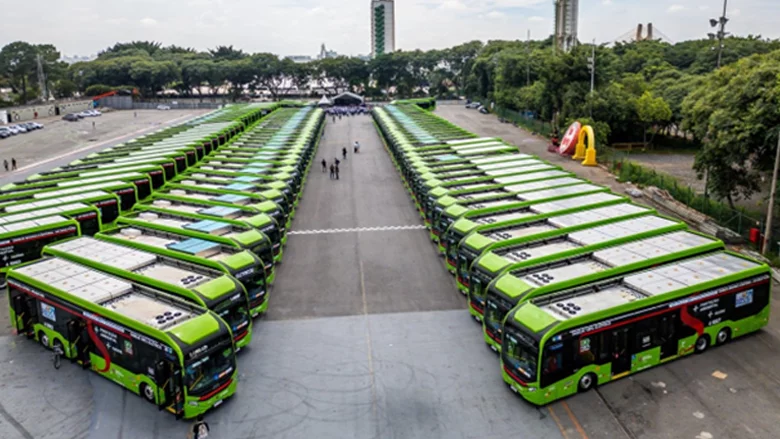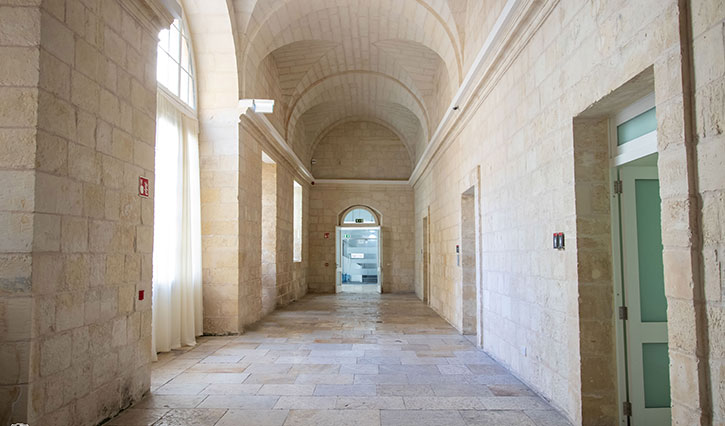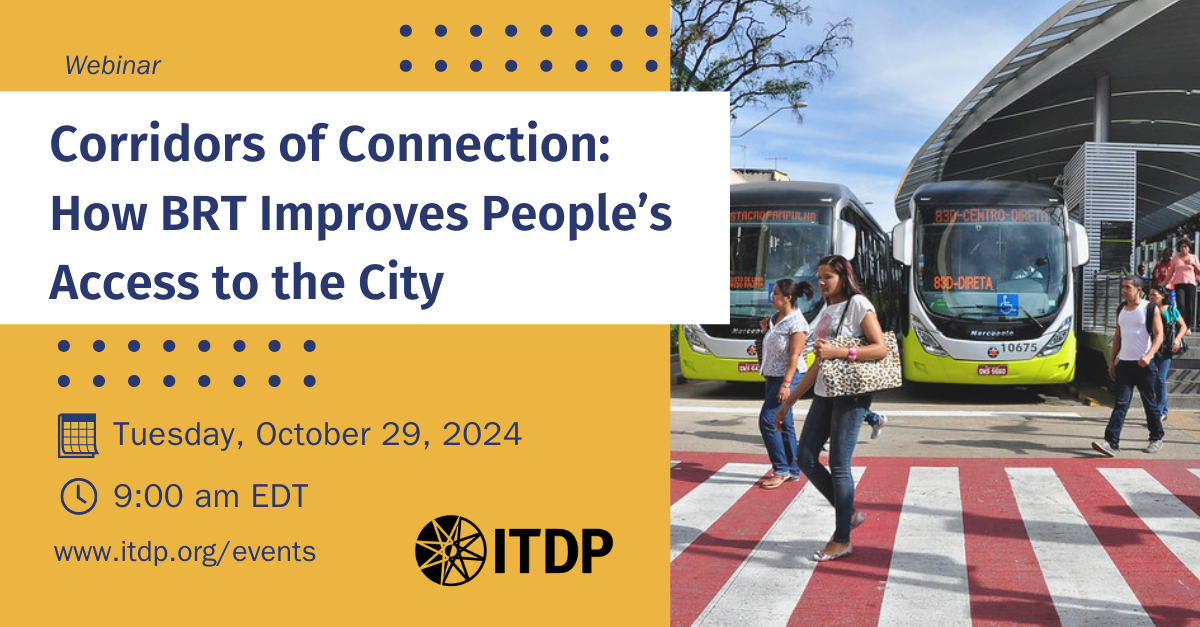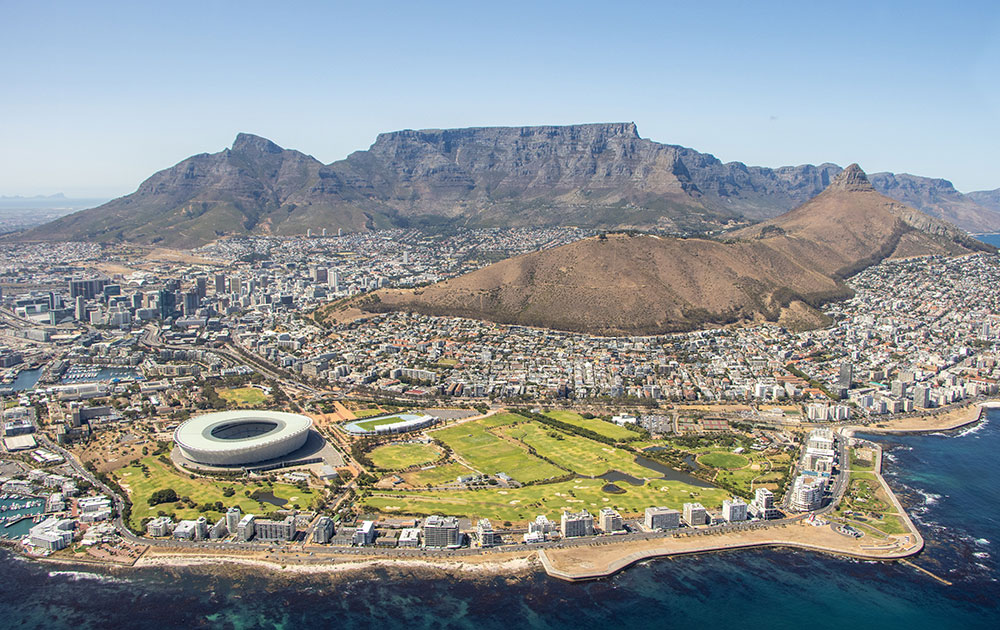Abstract
A methodology is presented for designing zonal services for a bus corridor, in which buses visit all stops in a route’s initial and final segments, skipping all stops in between. Two heuristics are described, one for congested (binding capacity) and other for uncongested cases. An experiment on a bidirectional corridor shows that the heuristics can find savings in social costs of 6.6% and 10.3% when compared to an express-service-only solution. We also show that, in some cases, the zonal service design problem can be solved analytically, outperforming the heuristics. This suggests the two approaches could be employed in tandem.




